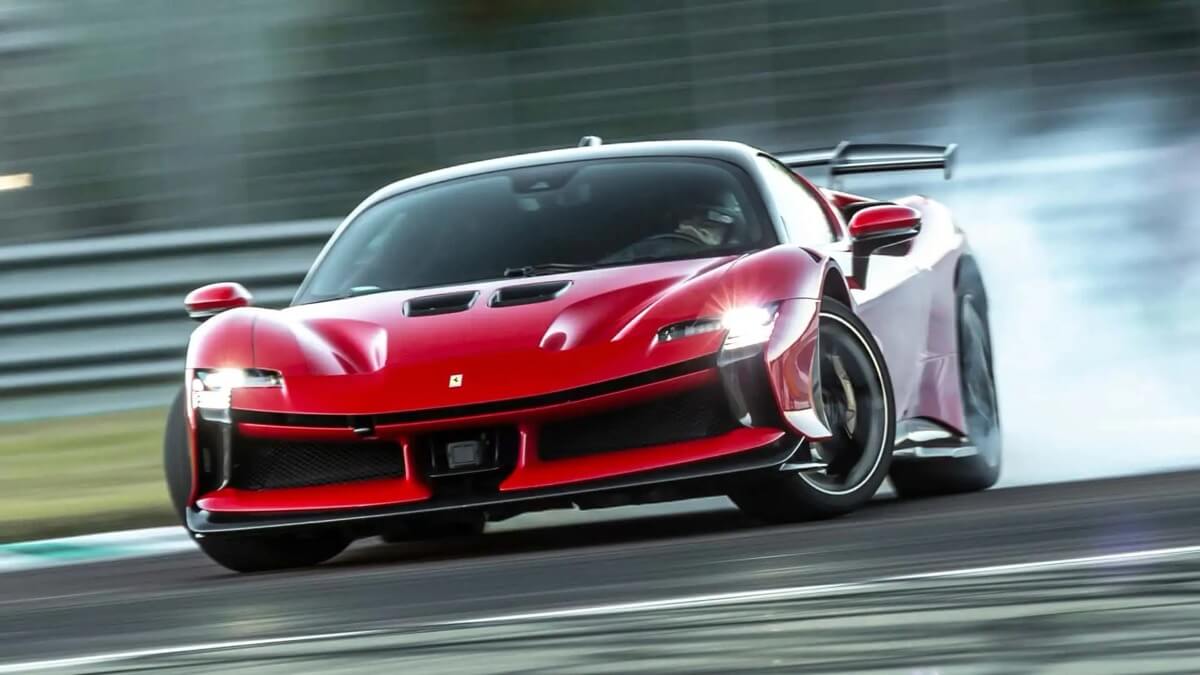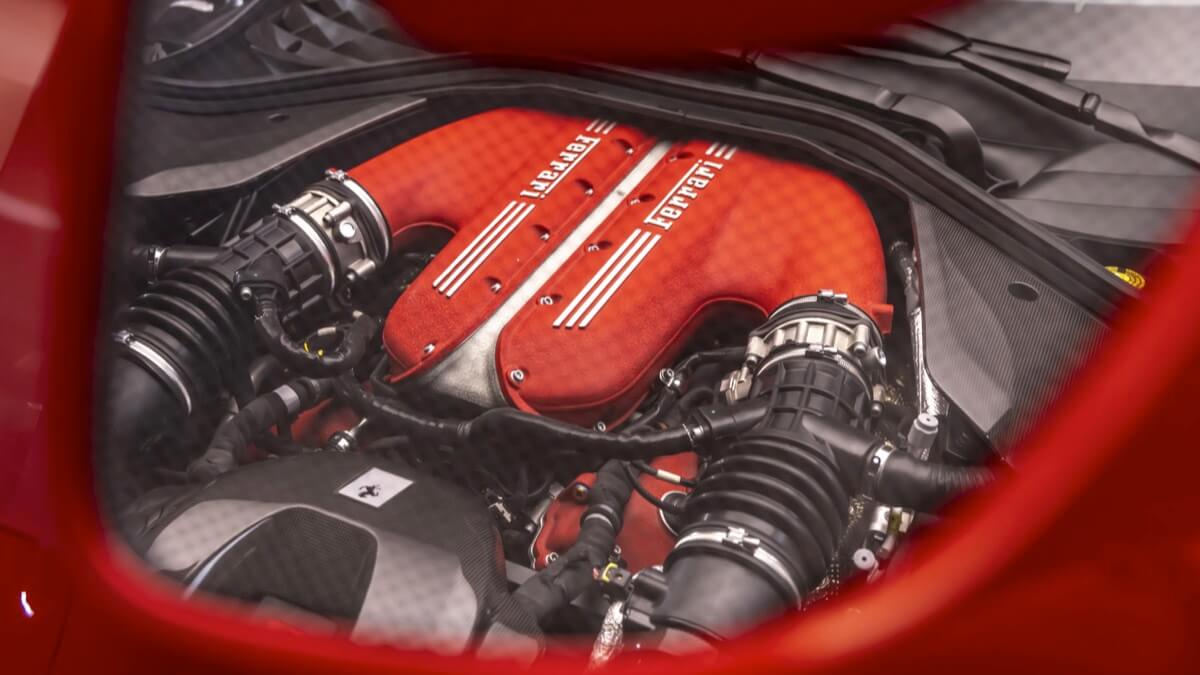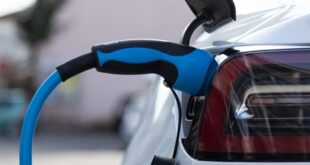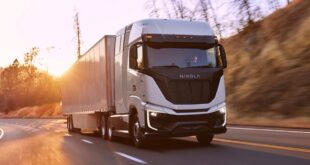Ferrari’s iconic V12 engine isn’t going anywhere anytime soon, even as the brand gears up for its first electric car.
Ferrari is determined to keep its iconic V12 engines alive for as long as possible, despite the automotive industry’s shift towards electrification. The company’s latest supercar, the 12Cilindri, is named after its twelve-cylinder engine, and Ferrari’s Product Marketing and Marketing Intelligence Director, Emanuele Carando, has reassured enthusiasts that the company will continue producing naturally aspirated V-12s until it becomes legally impossible.
“We hope the law in the future will continue to show opportunities, probably working on new petrol which is more sustainable.”
— Emanuele Carando, Ferrari Product Marketing and Marketing Intelligence Director
The current 6.5-liter V12 engine in the 12Cilindri can rev up to 9,500 rpm, though it’s capable of reaching 10,000 rpm. Ruggero Cevolani, the head of the V12 program, explained that the lower rev limit was chosen to maximize power delivery. He stated, “We are an engineering company first and foremost, so we prioritize performance over just hitting numbers.”

While Ferrari remains committed to its V12 engines, it is also preparing for the future with its first electric vehicle (EV) set to launch in late 2025. This new EV will make some noise, both literally and figuratively. Despite lacking a combustion engine, Ferrari promises that the EV will produce an “authentic” sound. Carando hinted that the sound will be unique to Ferrari, though it’s unclear what form this will take. He mentioned that the EV will be a “true Ferrari,” delivering a different set of emotions compared to the current lineup.
The EV will be built at a new production site in Maranello and is expected to account for five percent of Ferrari’s sales in its first full year on the market. By the end of the decade, Ferrari projects that 40 percent of its annual sales will come from electric vehicles, with another 40 percent from hybrids, leaving only 20 percent for pure internal combustion engine (ICE) models. However, Ferrari CEO Benedetto Vigna believes that the ICE still has a lot of potential, especially with the adoption of more sustainable fuels.
This commitment to a multi-pathway approach, combining traditional engines with hybrid and electric technology, reflects Ferrari’s strategy to meet diverse customer preferences while adhering to evolving environmental regulations. The carmaker has no plans to turbocharge its V-12 engines, preferring to keep them naturally aspirated to maintain their unique character.

Interestingly, while Ferrari is moving towards electrification, it remains dedicated to delivering a pure driving experience. The decision to keep the V12 engine naturally aspirated without hybrid assistance in models like the 12Cilindri underscores this commitment. Carando noted that adding hybrid components would increase weight without significantly improving performance for certain types of cars.
In contrast, other high-end brands like Aston Martin are also investing in V12 engines, but with different approaches, such as turbocharging. Despite these differences, Ferrari’s dedication to preserving the V12 engine for as long as possible highlights its commitment to maintaining its heritage while innovating for the future.
Overall, by 2025, we can expect to see Ferrari’s first electric model, which promises to deliver an authentic driving experience. At the same time, the company will continue to produce its beloved V12 engines until regulations prevent it, ensuring enthusiasts can enjoy the roar of naturally aspirated super sports cars for as long as possible. Bravo, Ferrari!








